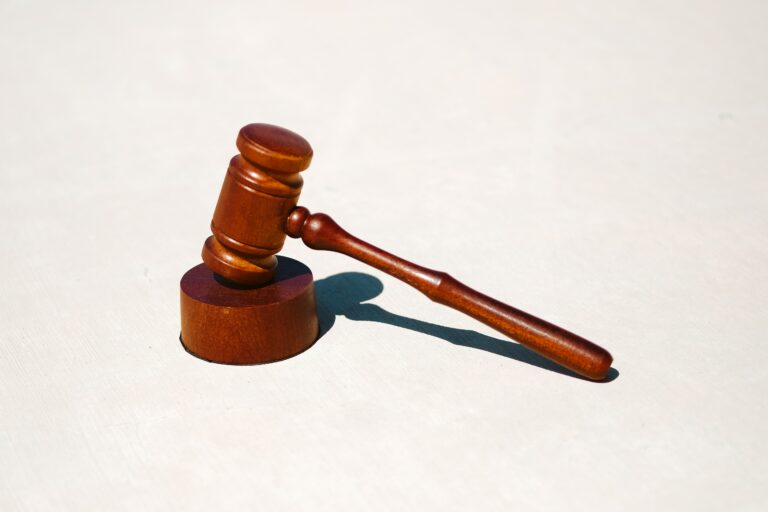
What’s Going on with Larry King’s Estate?
Larry King’s widow Shawn has dragged her sister Shannon into her $100 million lawsuit accusing her ex-business managers of conspiring with the late TV legend’s son and transferring millions to third parties without her consent, RadarOnline.com has learned.







